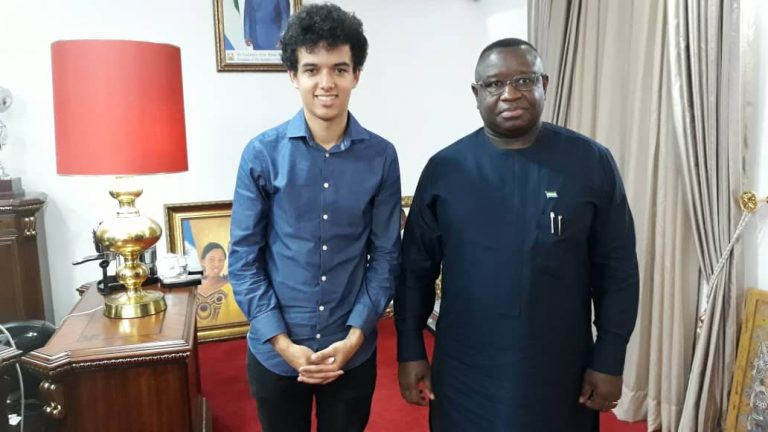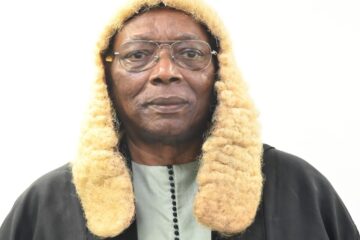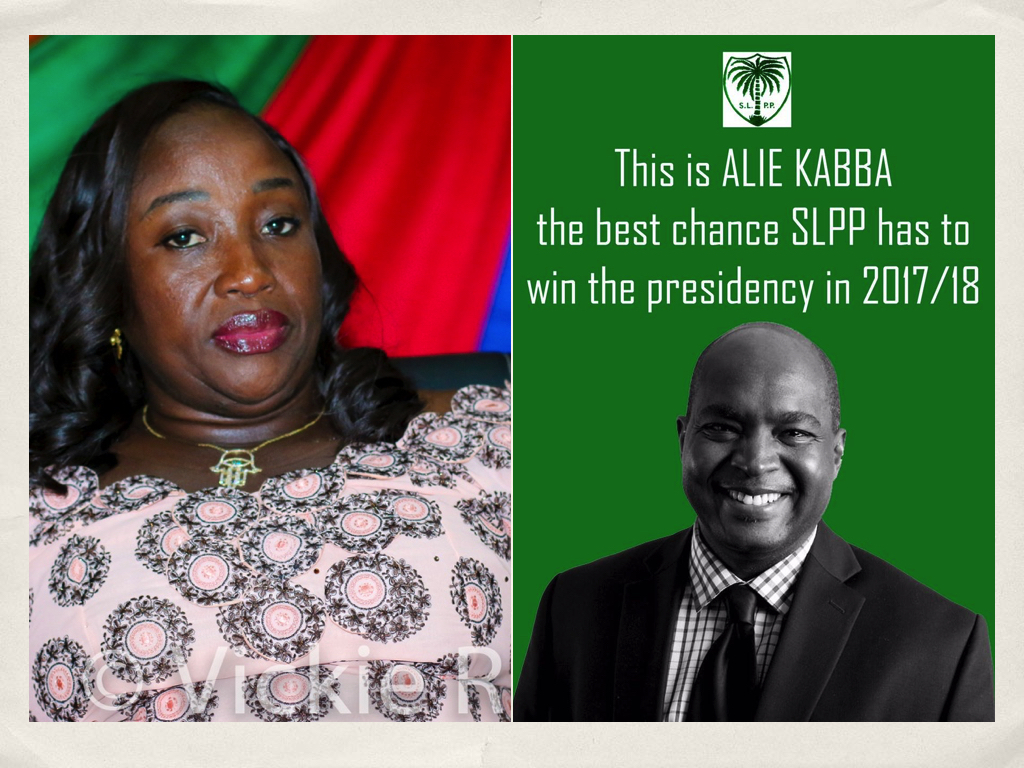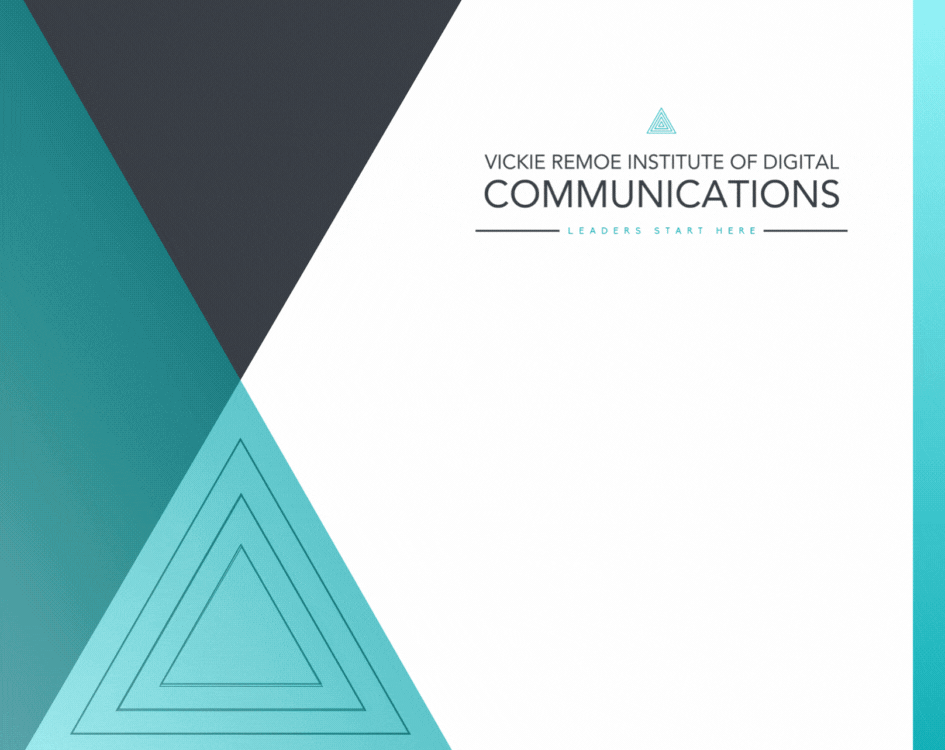MIT grad travels 4000 miles for one-of-a-kind internship in Sierra Leone

Banti Gheneti was looking for an opportunity to solve problems. He traveled over 4000 miles from Massachusetts Institute of Technology (MIT) to Freetown to join the Directorate of Science, Technology, and Innovation (DSTI) at the Office of the President in Sierra Leone.
DSTI was launched in October 2018, by President Julius Maada Bio whose vision is to use technology and innovation for human capital development and national transformation.
DSTI Media caught up with Banti at the end of his five-month-long internship to find out how it was to work at the newly formed directorate.

Banti Gheneti, Data Scientist at the Directorate of Science, Technology, and Innovation, Office of the President, Freetown, Sierra Leone – July 2019
DSTI Media: Why did you come to Sierra Leone?
Banti Gheneti: I came to Sierra Leone because I was looking for impactful projects to work on relating to data science. And I was interested in moving back and revisiting West Africa. I got in touch with David Sengeh [Chief Innovation Officer, DSTI] and heard about some fantastic work people were doing. I was excited about visiting and spending some time here.
DSTI Media – What attracted you to come to DSTI?
Banti Gheneti: What attracted me to DSTI is manifold. DSTI works on impactful projects that are trying to improve the access citizens have to resources by aiding the way government makes decisions, and many other things. DSTI works at the highest level of government in the Office of the President informing policy decisions.
DSTI Media – What were your expectations coming to Sierra Leone?
Banti Gheneti: Coming here I didn’t set myself to any specific expectations, I tried to come very open-minded. Speaking to people before I came, I heard that this was a country that was very friendly to foreigners. I also was aware that people speak Krio here, but I didn’t quite know what that was before I came. And also, I was told that people here are amicable and welcoming, and when you go anywhere, you need to introduce yourself to everyone. I came open to learn more and learn how I could fit in.
DSTI Media – On what projects have you contributed?
Banti Gheneti: I would say the key project I’ve worked on is the integrated GIS portal project. In addition to that, I’ve also contributed a little to some other projects. I’ve assisted a bit with creating the concepts notes for a hackathon, which we hosted this August, which we got UNICEF funding. I’ve helped machine learning work to support the education team through some of the optimization work that we’re doing. But my primary contribution has been the GIS team.
I joined here when Glenna my colleague, had started acquiring data sets from a lot of different Ministries, Departments, and Agencies (MDAs). She had data sets on water, financial data on where the banks or mobile top-up places are. It was the start of trying to see how we could put all these different kinds of data about various resources together. The goal is to make the data useful so that the government can better understand where, and when people have access to services. Where they do not? The data also lets them know where more resources are needed.
Additionally, we also want to share this information with citizens. I helped developed a technical concept for that, figuring out what sort of tools we would need to make this project accessible.
We have data sets visualized with charts that help you understand a variety of things. For example; which districts have a lot of water points compared to their population, which ones have less, which ones have many courts, and which ones have less. This work has been recognized by different people inside and outside of government. We’re are polishing up our portal and will release it so that government and citizens can start to use the data to inform their lives. We’re not quite there yet, but I think that we’ve already seen so much excitement and the potential for this is vast. So I think that is an impact, I’ll be proud once it happens.
DSTI Media – What impact do you think this work will have on Sierra Leone?
Banti Gheneti: This impact will be felt in multiple ways. This work will allow MDAs to understand where resources like new water points, health facilities need to be placed. They’ll know where facilities need repairs, and use funds efficiently. MDAs will use our portal to get a clear sense of which areas are underserved and combine that with other information to determine where you want to place new resources.
Additionally, this will be a handy tool to educate citizens about where different resources are within the districts that they hadn’t known before. And citizens can also use this information to hold their representatives accountable, to ask for more if they feel like they’re underserved.
This is also an excellent first step towards creating an infrastructure to collect more data to manage data better. Instead of having different files or different stacks of paper in different places, the government of Sierra Leone, can now in a very accessible matter, collect, preserve, and share its data.
DSTI Media – You as a technologist, what lessons have you learned working at DSTI Sierra Leone?
Banti Gheneti: What amazes me as a technologist is seeing all sorts of challenges people go up against here, and how they overcome them. One thing I’ve come to appreciate is how passionate people are here. I don’t think I’ve ever worked in an environment where people are this passionate about the type of work they do. They are trying to make a meaningful impact every day, and that goes a long way towards making amazing things happen in potentially adverse conditions.
Additionally, I think I’ve learned a lot about prioritization. There’s a lot of different things different people want you to build. There are so many exciting projects that could be useful. There’s so much potential here, and there are so many smart minds, there are so many ideas for things people want to do. But we can’t do it all and not all at once. We have to prioritize and build in phases. We can develop any solution, but we have to make hard decisions about which features we want to include which things we want to save for later. That’s an exciting challenge.
I’m hoping to deliver on the GIS portal which has linked, mapped, and visualized essential resources in Sierra Leone. The portal will serve as a beacon for the way DSTI can better the lives of citizens.

DSTI Media: What recommendations do you have for others in others in tech?
Banti Gheneti: I would recommend that anybody interested in technology consider ways in which they can take some time, to come here and work. Exciting things are happening here in DSTI Sierra Leone.
Source : DSTI Media












